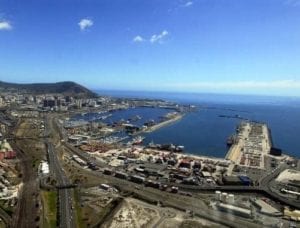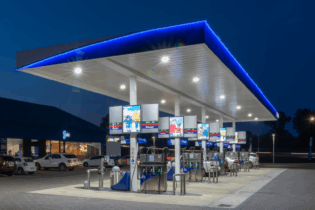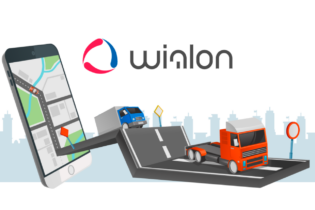The African Ports Evolution 2013 Forum taking place in Cape Town between 26-28 August is designed to not only enable regional trade and connectivity but also ultimately reduce the high cost of doing business in Africa.
Ports are key economic enablers for development in emerging economies and slow customs clearance procedures, transit delays and high transport costs hinder Africa’s ability to compete in global export markets. Growth rates of over 5% in the past 2 years have made Africa one of the fastest growing regions in the world, but over 90% of international trade between Sub-Saharan Africa and the rest of the world is conducted via maritime transport. The expected growth in trade volumes coupled with a lack of adequate transport infrastructure on the ground means that many African ports are now faced with an imperative need to upgrade and expand their infrastructure. Port utilisation capacity now exceeds 70% in Africa and is expected to rise to 80% within the next 10 years. Johny Smith, CEO and pioneer of the Walvis Bay Corridor Group in Namibia, says, “By the time a port reaches 80% of its capacity, it should be considering or undergoing expansion.”This event provides an opportunity for ports authorities, terminal operators and government to reduce port congestion, increase regional connectivity and increase economic output of African nations through collaborative port modernisation and expansion.
Brian Molefe, Chief Executive of Transnet Group SOC will deliver the opening address at the event and highlight opportunities for cross-border collaboration in support of growing trade volumes in the region. Tau Morwe, CEO of Transnet National Ports Authority is the Keynote speaker for the event and will outline how African ports need to adapt to thrive in the emerging international operating environment that demands world class ports that can accommodate Post-Panamax vessels and next generation technology. The amount of time cargo spends at ports in Africa is still on average around 20 days but if ports authorities are able to significantly reduce this average; they will effectively reduce the cost of doing business across the continent and open up new cross border business opportunities. This strategic maritime think tank, offers a timely answer to Africa’s infrastructure deficit by enabling investment, development and trade expansion that will boost business opportunities in the Western Cape and throughout Africa by opening up new access to the greater Sub-Saharan region.







